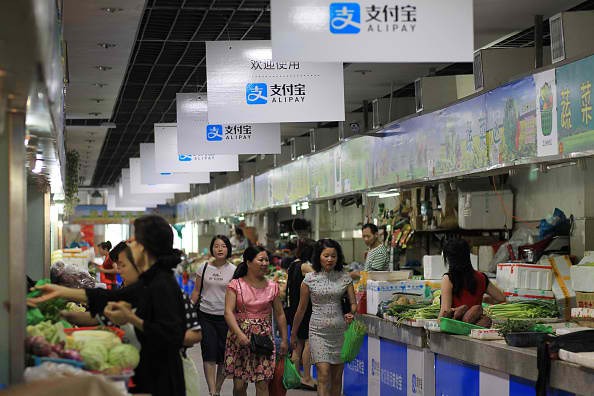Many factory owners in China are feeling the economic crunch and are threatening to increase prices. The price hike will have a global impact and will affect China's exports.
Deputy director Roger Zhao of Jiangmen Luck Tissue Mfg Ltd. in Guangdong province said, "There's just no possibility for me to cut prices anymore. Because costs are already pretty high and I don't see any possibility they'll go down, I'm seeking opportunities to raise prices a little bit."
Five years ago, factory owners already raised prices. The move affected China's five major markets, namely, U.S., Hong Kong, Japan, South Korea and Mexico.
Analysts like Shane Oliver, head of the investment strategy at AMP Capital Investors in Sydney said, "China's return to positive growth in producer prices marks a very significant turning point in deflationary pressures both in China and globally. This is only step one, though. We are still waiting for step two: stronger global demand and trade."
The price hike will also affect Japan, whose 23 percent of imports come from China. A quarter of Australia's imports come from China as well.
"It will impact on Australian import prices, a lot of those consumer durables such as household appliances and big-screen TVs that we like to import. It does add to that range of indicators that suggest we are round about the low point for inflation," said Michael Blythe, chief economist at Commonwealth Bank of Australia.
The slow market demand is felt by entrepreneurs like Sandy Chang, owner of bathroom accessories maker Dongguan City XinChen Gift Co. in Guangdong. Sales are down 30 percent since 2012.
She said, "It's impossible to cut prices further. The only way out is to increase efficiency, reduce waste and to get ahead by selling more."



























